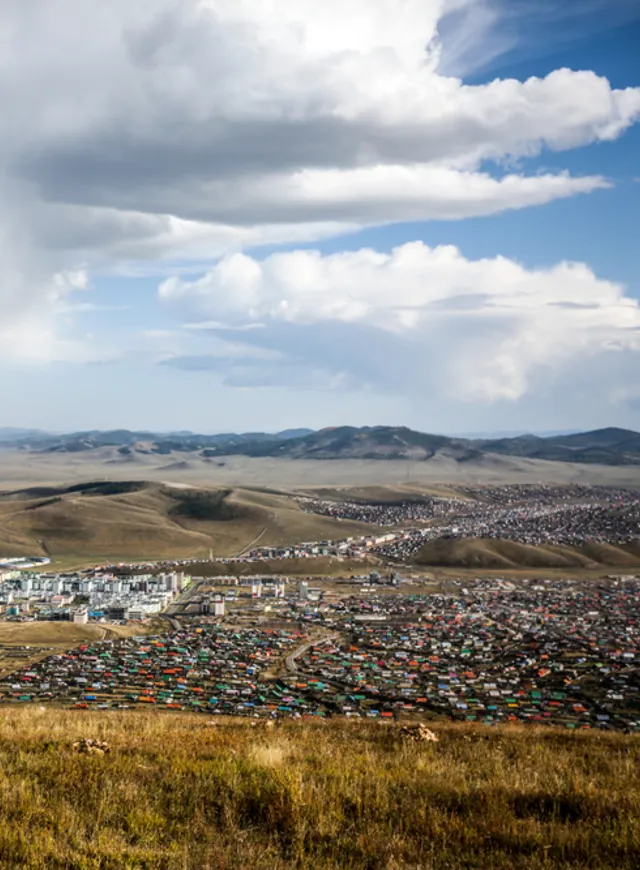
City of Erdenet - Clean Air Action Plan
Challenge
Erdenet is a city in northern Mongolia that has grown rapidly since it was founded in 1974 to support the vast neighbouring copper mine - one of the world’s largest - situated a few kilometres to the city’s east.
Though vital to the city's livelihood, the mine’s proximity has long been thought to affect local air quality, in particular a 'white dust' that settles on the city’s rooftops and pavements which is known to contain copper, lead and other metals.
Approach
In 2019, Ricardo was appointed by the Asian Development Bank to produce a Clean Air Action Plan for Erdenet. The team were tasked with working alongside regional partners - including the operators of the mine, local health advisers and pollution monitoring teams - to measure current air quality levels, determine primary sources of pollution, set out recommend actions, and provide resources and training that would enable the city’s authorities to develop response plans.
To gather initial data, two air quality monitors were stationed in the city, one in the centre and the second in a residential area featuring a range of typical housing stock, including the yurts and informal housing that encircle the city, many of which use coal-fired stoves. The data from the monitors was analysed using tools such as Ricardo’s OpenAir suite, a set of tools used for reading air pollution datasets in conjunction with a range of variables, such as changing meteorological factors (e.g.. wind speed and direction). This was supplemented by further details provided by Ricardo’s RapidAir system that can model air quality across an entire city to produce heatmaps showing current air quality levels and the potential impact on health and biodiversity.
Outcomes
The Clean Air Action Plan provides evidence about Erdenet's situation and planned responses to the level of detail expected by investors and funders exploring opportunities to support local schemes.
These initiatives may include those within the remit of the city authorities - such as low emission zones, reforming of waste disposal systems, or upgrading of local bus networks – but can also be initiatives proposed by community groups seeking initial investment for their projects.
More: Interview with Dr Mark Broomfield, Technical Director with Ricardo’s Air Quality team on his experience of developing Erdenet's plan.



